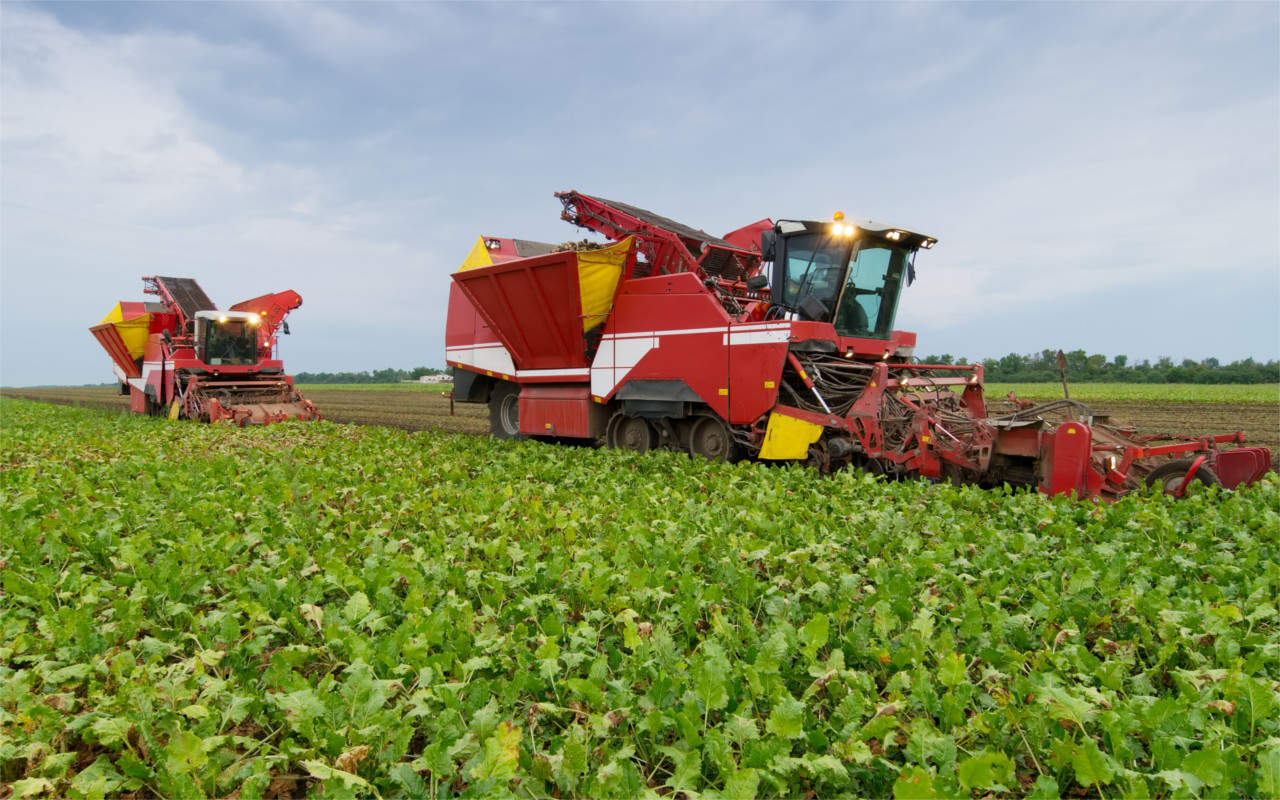
While the former Chancellor George Osborne claimed this March that the Sugar Tax would rake in £520m, business leaders, MPs and economists have been quick to point out that it’s a simplistic measure aimed at a complex industry – and that it may cost just as much, if not more, in lost revenue and jobs.
As CEO of the Association of Licensed Multiple Retailers (ALMR), Kate Nicholls represents 23,000 outlets in an industry that’s worth £66bn, comprising 10 per cent of the economy and eight per cent of employment. In the broader hospitality sector, there are 2.2m jobs.
“The sugar tax will affect almost all of our members,” she warns. “Collectively, we estimate 4,000 jobs will be at risk across the sector as a result. We want to work with the government in partnership, as we’ve done previously, with issues related to salt, fat and overall calories, to find real solutions: product reformulation, messaging, marketing and public information. The obesity crisis cannot be fixed by a highly punitive tax.”
Kate’s concerns are echoed by the Conservative MP for Brecon and Radnorshire Chris Davies, Chair of the All-Party Parliamentary Group on soft drinks. He adds: “With the Radnor Hills Water Company located in my constituency, I know first-hand the benefits a successful soft drinks company can bring to a local area. We should be doing all we can to support these superb enterprises. Radnor Hills’ growth since 1990 is just one example of the demand and growth potential for such businesses and shows how they can be a hotbed for job creation in both rural and urban areas. Soft drinks businesses add £11bn to the UK economy and employ over 15,000 people. Any new tax will of course have an impact on this industry.”
The economic ramifications are not limited to the people serving and bottling the drinks: much of the sugar that ends up in British soft drinks is a home-grown product that is integral to the rural economy. Paul Kenward is the Managing Director of British Sugar, which employs over 1,500 highly-skilled workers, mostly in four advanced manufacturing sites at Cantley, Bury St Edmunds, Wissington and Newark, and supports over 9,500 further jobs through the sugar supply chain.
“Our sugar beet is grown across East Anglia and the Midlands,” says Paul, “on average within a 28 mile radius of the factories. Currently, we are working with over 3,000 farmers, for whom beet is a profitable and attractive crop choice within their arable rotation”.
“At British Sugar, we make sure that we waste absolutely none of our inputs; we make sure that everything is used. We produce over one million tonnes of sugar, all in the UK, but also many co-products from the sugar making process, such as animal feed, electricity, and bioethanol. We sell into a range of sectors, including food and drink, but also pharmaceuticals, industry, agriculture, electricity and horticulture.” Paul points out that while obesity rates have continued to rise, Government statistics show a reduction of 15.4% per capita in consumption of total sugars in the UK since 2001[1].
For Labour MP for North Tyneside Mary Glindon, meanwhile, the chief concern is that the policy is socially divisive in its effect on small businesses and its targeting of a low-cost consumer treat. She says: “My fear is that, in a rush to get a good headline to tackle the growing problem of obesity, the Government has given us an ill-thought-through policy that actually hurts the less well-off, as the cost is passed on to consumers and indirect tax inevitably hits the poorer harder. As soft drinks are the fifth biggest contributor to corner shops and account for £1 in every £20 spent in pubs and restaurants, this levy will adversely hit business large and small.”
For more on the Sugar Tax, search #canthetax
[1] https://www.gov.uk/government/collections/family-food-statistics


